To enrich or not enrich? This seems to have been the question dividing Iranian and American negotiators, and there are swelling choruses in Tehran and Washington who hold strong views on the matter. In a report leaked to Axios, it appears that during the last round of talks, the US gave Iran a proposal that would allow limited low-level uranium enrichment for a specified period. The proposal suggested that Iran would be forbidden from building new enrichment facilities and must dismantle “critical infrastructure for conversion and processing of uranium,” adding that research and development on centrifuges would also have to stop. Sanctions relief will only come once Iran is demonstrably adhering to the terms of the deal and has clearly paused its underground enrichment activities.
This is quite the climbdown from Washington’s earlier maximalist demands of a total dismantling of Iran’s nuclear program, a dismantling that would encompass civil and “non-civil” nuclear programs. Trump perhaps alluded to this in his comments last week that the potential deal “is very strong, where we can go in with inspectors. We can take whatever we want. We can blow up whatever we want. But nobody getting killed.”
The implication here was clear: the US is willing to accept Tehran developing domestic enrichment capabilities for civilian purposes in exchange for US inspection rights and a chance to sign an agreement.
In allowing this, Trump and his team are risking the wrath of Israeli hawks in Republican and Democratic circles – not to mention a slightly confused EU, all of whom see this proposal as bending over backwards to a regime that is steadily murdering its way through its own people: truckers, oil workers and human rights activists alike who have the temerity to ask for basic freedoms. It seems that the conversation has been whittled down to Trump’s team talking to Khamenei’s team about narrow interests, while everyone else has conveniently been forgotten.
The empty slogan “Enrichment is our national right,” has been a staple of pro-regime rallies across Iran for decades now, reflecting both a sense of national pride in Iran’s intellectual might but also a deep-rooted paranoia common to revolutionary states driven by ideology, greed and self-preservation. What happens when “they” come for us? Consider the contrasting fates of Colonel Gaddafi, dead in a ditch, and Kim Jong-un, feted in a Singapore hotel room by the President, and you have Iran’s rationale for insisting on enrichment and refusing to budge on dismantling its program. This is, after all, an arms control deal and not a broader rapprochement between two adversarial nations.
Yet for a country that has spent the last 20-plus years spinning up a nuclear power program, which it insists is strictly for civilian purposes, we should remember that the percentage of Iran’s power that comes from nuclear facilities is approximately zero. Not a stunning return on investment. And for a country blessed (or cursed) with a veritable abundance of natural resources, it has a surprisingly high number of power cuts. Iran is wont to blame all this on the Americans (and the British) for their temerity to sanction Iran and for the 1953 coup, which very few people can now remember. But as we are seeing from the ongoing trucker strikes that are engulfing the country and whose unions are simply asking for better pay, lower fuel prices and a functioning government, at some point the Islamic Republic will have to take accountability for its recklessness abroad and at home.
As Secretary of State Marco Rubio might say, the ball is now in Iran’s court. Will Tehran be able to “take the win” and respond favorably or will the self-defeating juggernaut of revolutionary posturing reject it? Conversations with people close to the Iranian side suggest that Tehran is minded to reject this offer, because of the limits it places on Iran’s underground enrichment activities and the requirement to lower the levels to which it enriches uranium. Just the sort of behavior we would expect from a nation strictly concerned with civilian nuclear power.



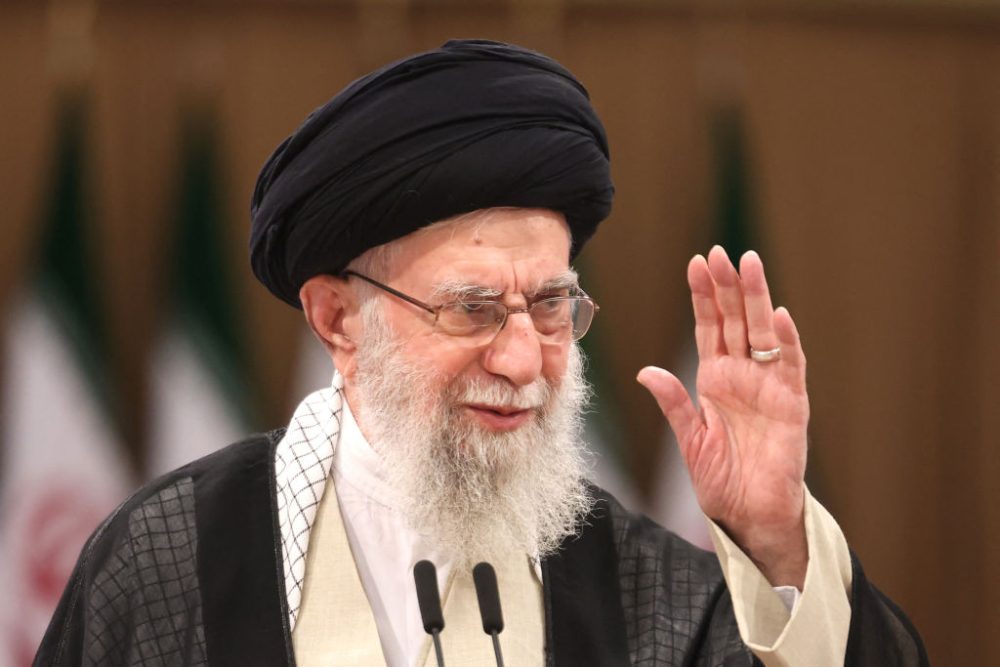








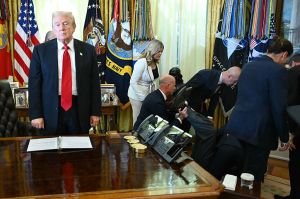
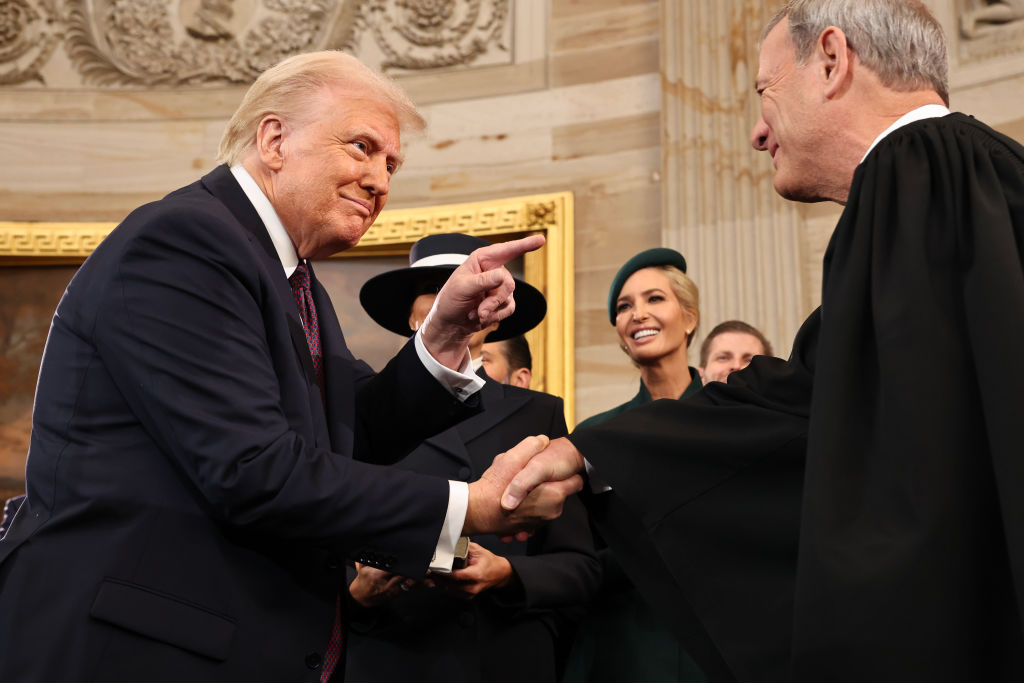
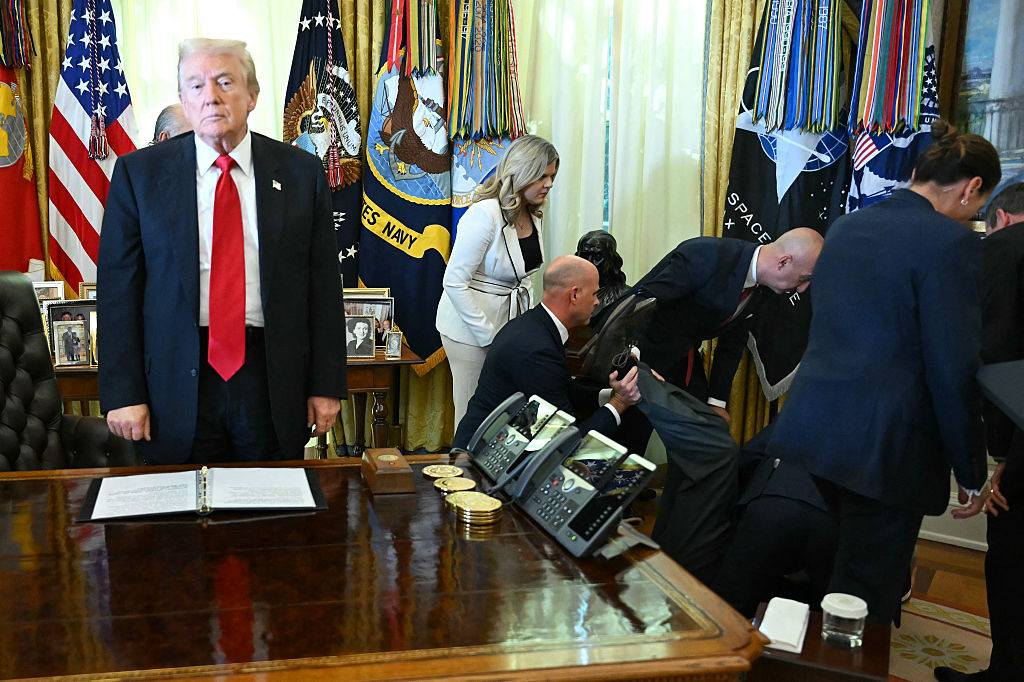


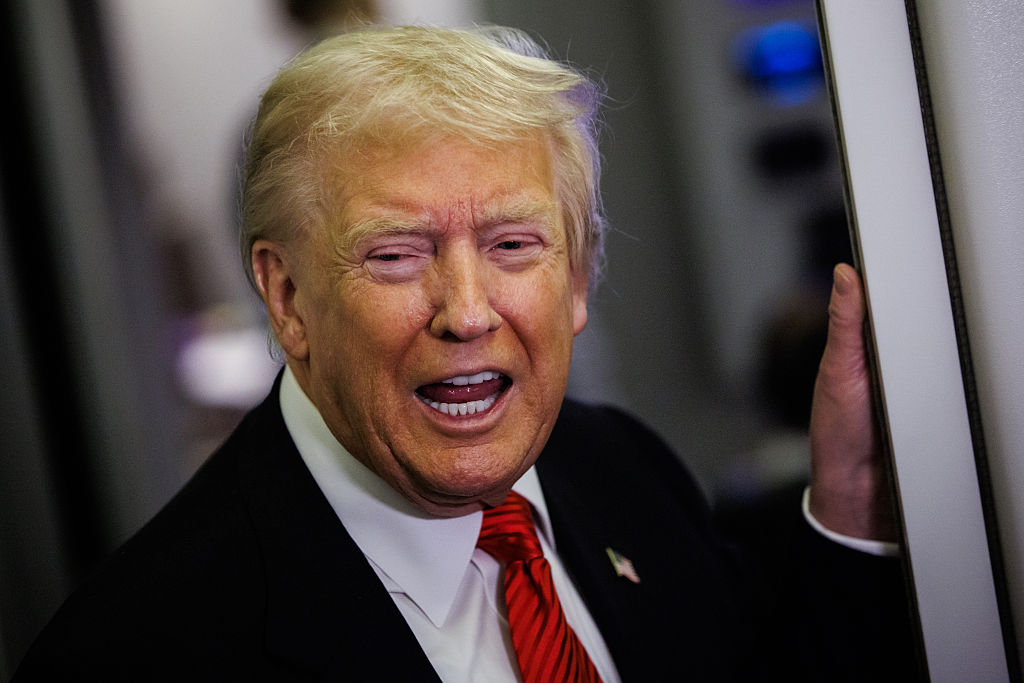








Leave a Reply